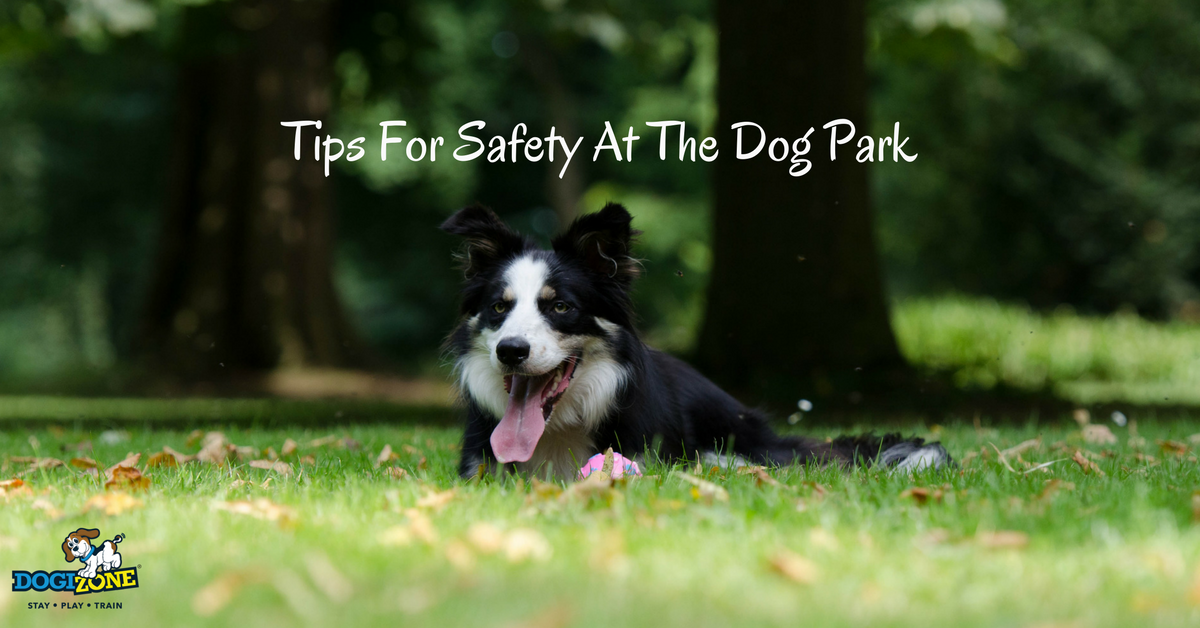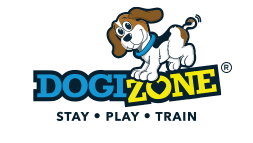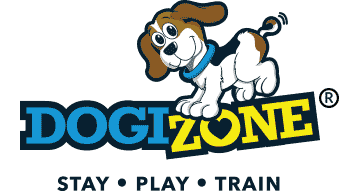Tips For Safety At The Dog Park
Tips to Keep Your Dog Safe at the Park 
Taking your dog to the dog park is a great way for your four-legged friend to get time out of the house. It is also an ideal way for your dog to have some much-anticipated exercise as he or she romps and plays with other dogs. Socialization needs can also be met, particularly if you are lucky enough to find a great group of dogs and dog owners and have a chance for your pet to develop a cohort of other dogs to play with.
Unfortunately, there are also issues to consider when allowing your dog to interact with other dogs at the park. It would be nice to assume that all dog owners are going to be responsible and create a positive environment in the park, but this is not always the case.
Rarely is there any supervision or management at a dog park, particularly a public dog park maintained by the city or community. While this does allow a lot of freedom, it can also cause challenges in allowing your dog to socialize and integrate with other dogs at the park.
To help keep your pet safe and choose an ideal park, here are a few tips to keep in mind.
All Shots Up To Date
There are a lot of diseases that can easily be passed from dog to dog. Canine cough is a common issue as are other types of respiratory disease. While rarely serious, any respiratory infection is never pleasant for your pet.
In addition to shots like rabies, distemper, Bordetella, influenza, and Parvo, make sure your pet has any other vaccinations recommended in your area and by your vet.
A Clean Place
In a dog park, owners are responsible for picking up any dog feces. This is more than just good dog owner manners; it is also a way to prevent the spread of some diseases and parasites. If the park is not well-maintained, it is never a good idea to expose your dog to these types of conditions.
Responsible Pet Owners
Before going into the park, look at the socialization of the dogs already playing in the area. Are there any aggressive dogs? Are there dogs that are out of control and ignoring their owners?
If your dog is timid or shy, these types of park situations can be overwhelming, which can result in the dog becoming anxious and defensive, which can increase the risk of a fight or other problems.
Make sure your dog is well socialized and comfortable in the park and with the other dogs before removing the leash and letting him or her run and play. Stay with your dog in the park and provide supervision, calling your dog back if you spot any signs of potential problems developing.

